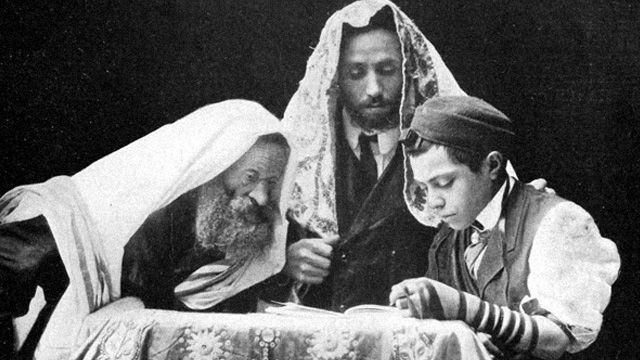This reading-intensive course provides an overview of the main expressions of Jewish faith today, how they came to be, and how they relate with one another and the outside world. Students will engage with the works of several influential Jewish thinkers from the 19th through the 21st century, focusing on critical and often divisive issues such as: the role and nature of Torah, rabbinic authority, the proper place of ‘classical’ Jewish texts, particularism vs. universalism, interfaith dialogue, etc… The class will explore how key Judaic symbols like Messiah, Mitzvot, Exile, and Redemption find definition within the contexts of America, secularism, Zionism, the Shoah, and the State of Israel.
J. Harris, How Do We Know This? Midrash and the Fragmentation of Modern Judaism (State University of New York Press, 1994)
J. B. Soloveitchik, Halakhic Man (The Jewish Publication Society, 1984)
M. Jaffee, Inner-Worldly Monasticism: Towards a Model of Rabbinic-Halakhic Spirituality (Center for Traditionalist Orthodox Studies, 2006)
A. Cohen / P. Mendes-Flohr, Contemporary Jewish Religious Thought (Free Press, 1988)
Note: additional readings will be supplied by the instructor.

